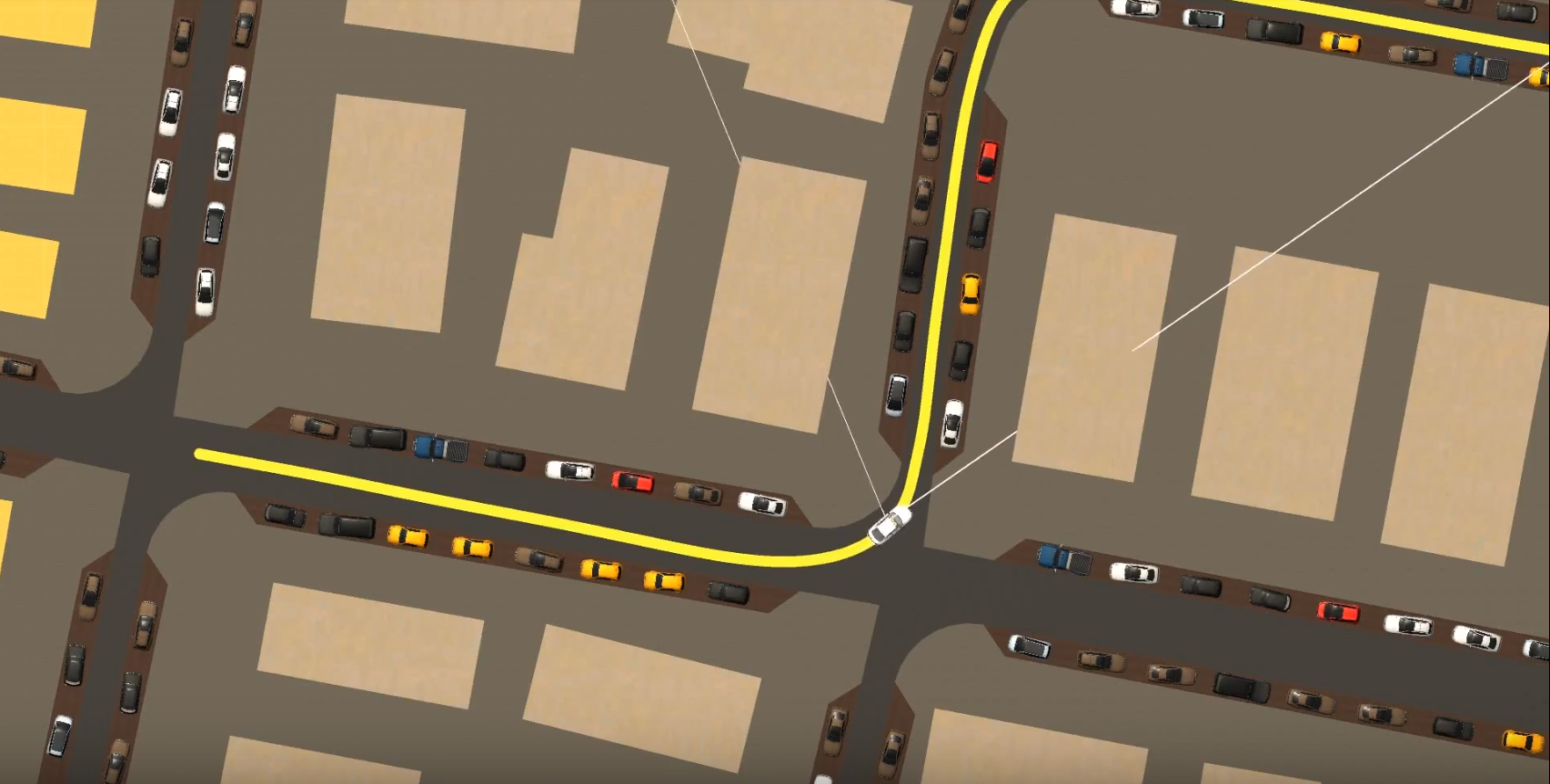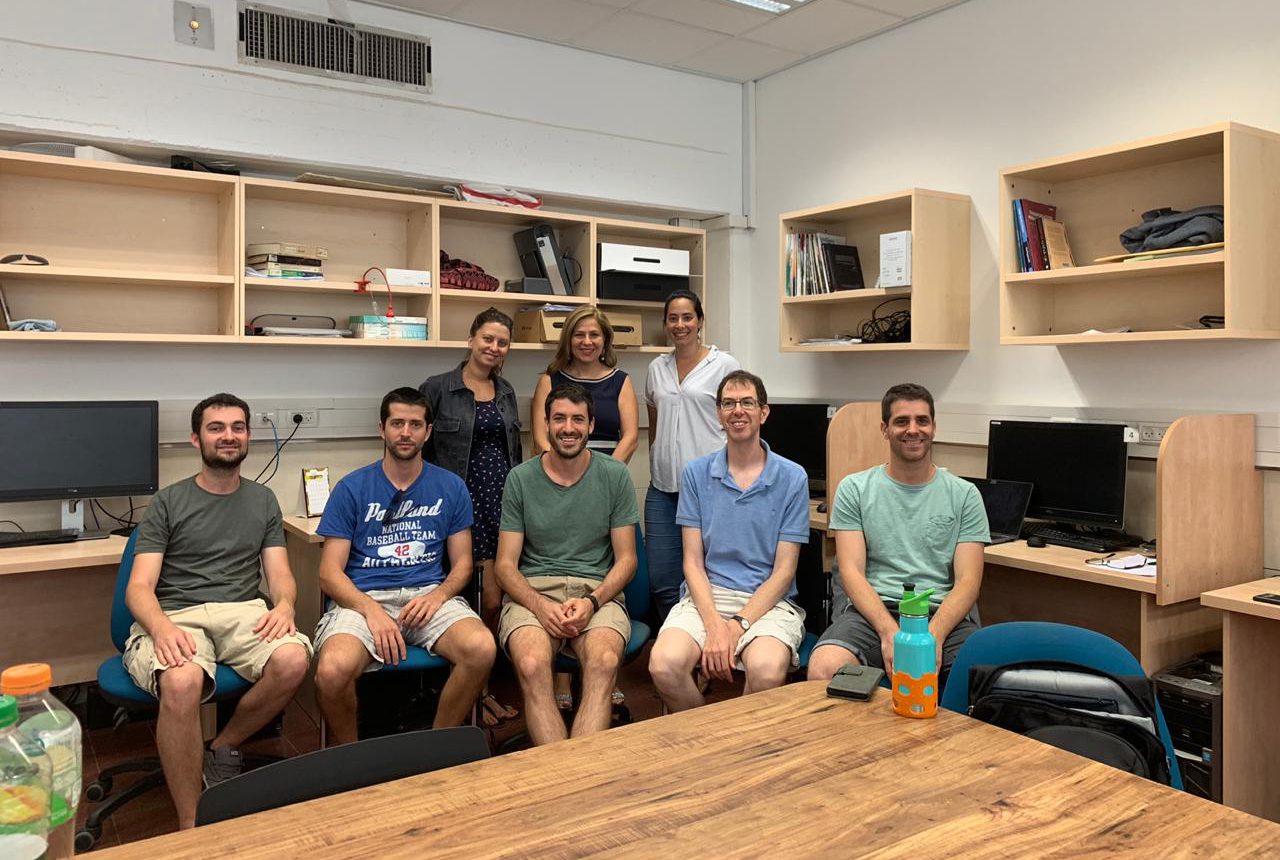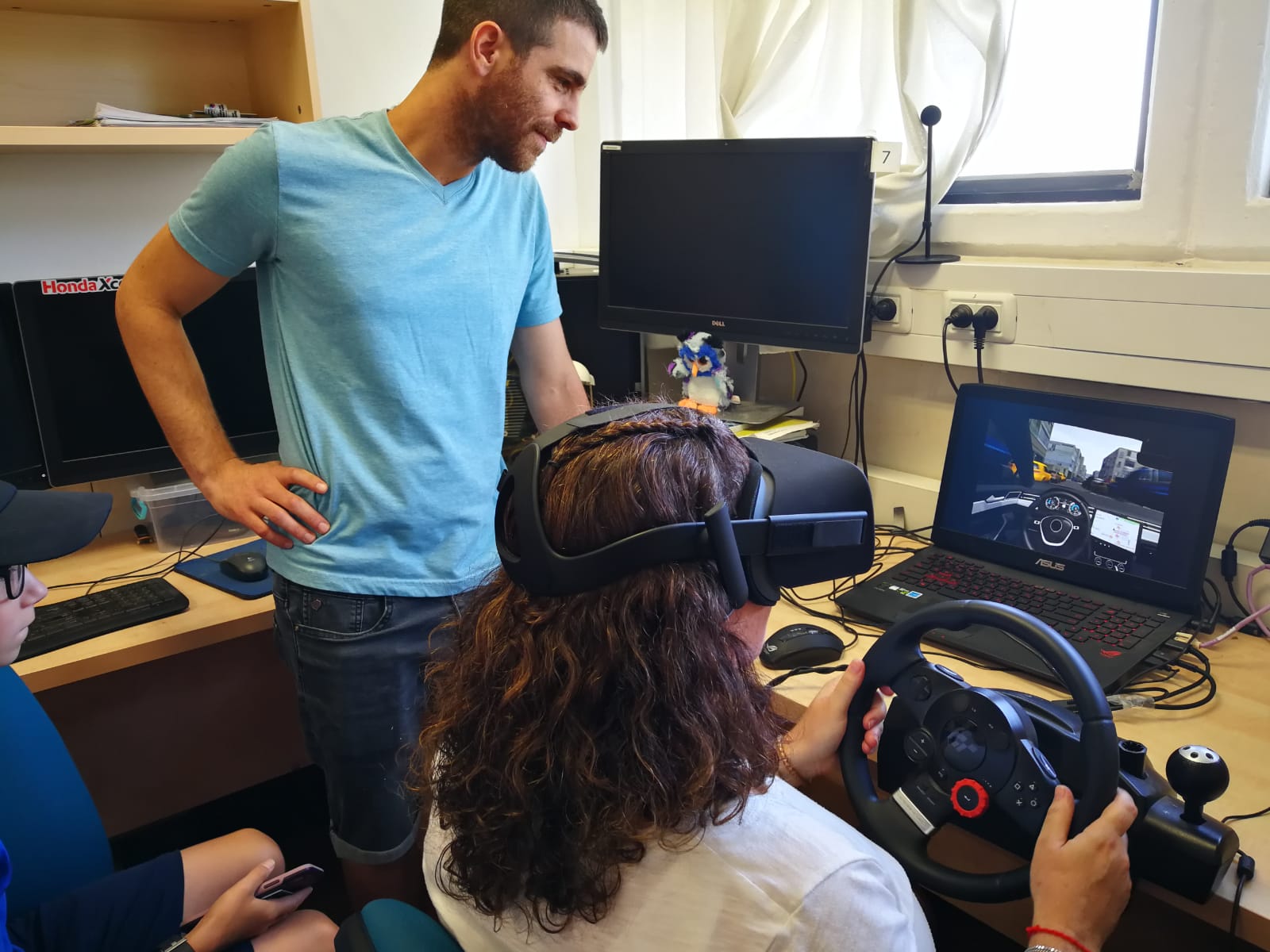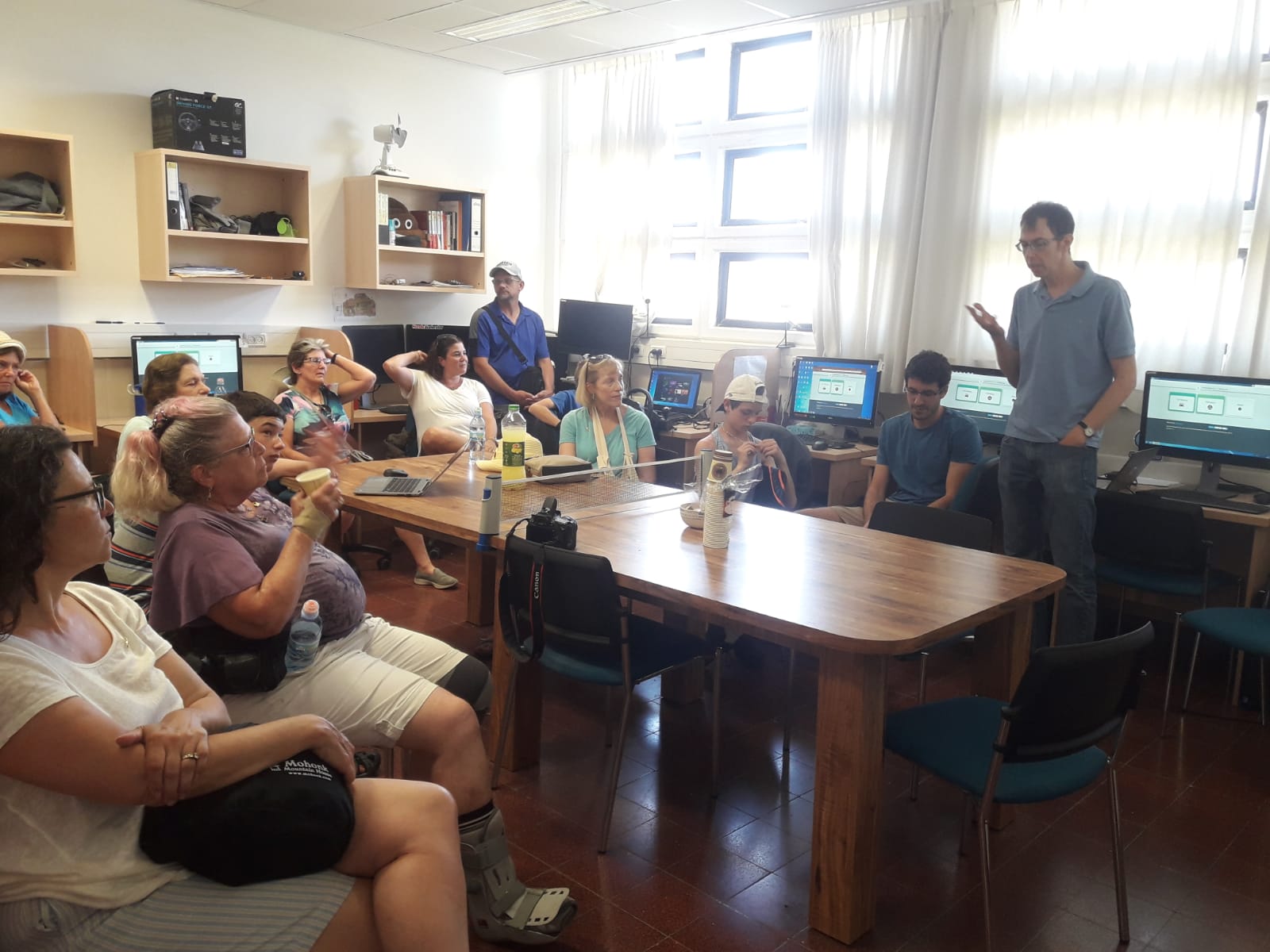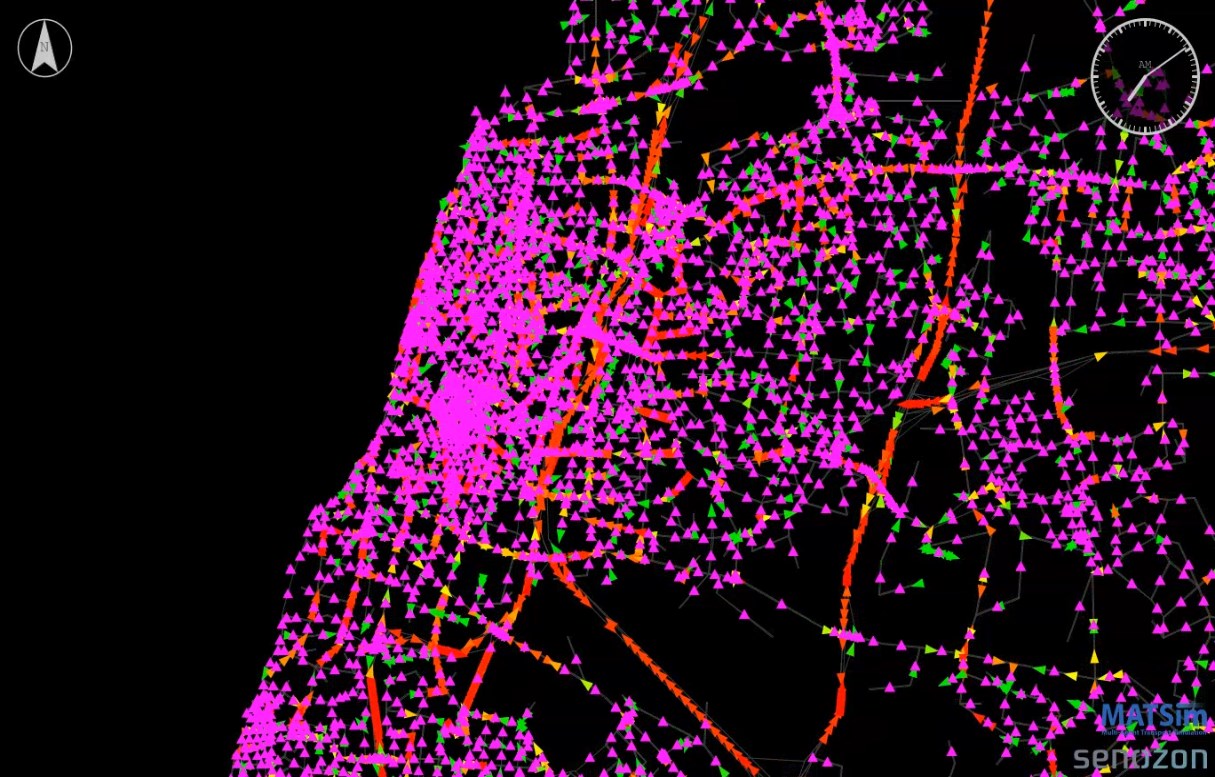GAMES stands for the Game-based models lab. The lab was founded in 2014 by Dr. Eran Ben-Elia.
Our Vision
Imagine living in a Smart City where private cars are a thing of the past and people move about seamlessly by sharing rides in a wide range of autonomous driverless vehicles that are operated entirely wirelessly and remotely. Such a transportation system may be still far away, but people’s behaviors and its system dynamics must be understood and predicted long before this scenario becomes an everyday reality.
Scientific Background
Many of the problems associated with human spatial systems like cities and transportation involve and emerge from social dilemmas. These are complex spatial systems where human beings socially interact and who behaviors affect and are affected by the behavior of the system. Information and Communication and Technologies (ICT) transform people’s everyday life. We are now connected remotely via smart mobile devices and high-speed Internet to almost anything, anytime and anywhere. ICT is sprouting emerging forms of mobility that did not exist before like autonomous and driverless vehicles, carsharing and ridesharing, as well as flexible forms of public transport. These innovations raise new unanswered questions about the future dynamics of mobility in Smart Cities – A key rationale for our research lab.
Our Mission
We want to boldly go where few have gone before:
- To advance theoretical knowledge related to behavior and system dynamics of Smart Cities. Especially, finding sustainable long-term mobility solutions by gaining better insights on how to change human behaviors with future & emerging technologies.
- To establish new methodologies and develop models for studying Smart Cities based on immersive serious games and game-based simulation models where human players and artificial intelligent agents interact in a virtual reality (VR) environment.
Why do we play serious games?
We work with serious games which are virtual systems where players engage in artificial conflict, defined by the game rules and constraints, resulting in a quantifiable outcome. Serious games allow implicitly investigating emergent phenomena. Games provide a flexible and augmented research environment. They allow the inference of human (travel) behaviors in dynamic and realistic contexts. Not the least, games are fun!
From ABM to GBM
Agent-based models (ABM) simulate the dynamics of collective human decision making with artificial intelligence. Game-based models (GBM) fuse together agent-based models (ABM) with serious games. Games provide realism and consistent human decision rules while ABM simulates the dynamics of collective human decision making. Thus GBM is a natural tool for studying social dynamics in complex spatial systems and finding sustainable solutions to mitigate social dilemmas.
An Article About The Lab in TechRepublic
For a future with driverless cars, games are better than surveys as a research tool

